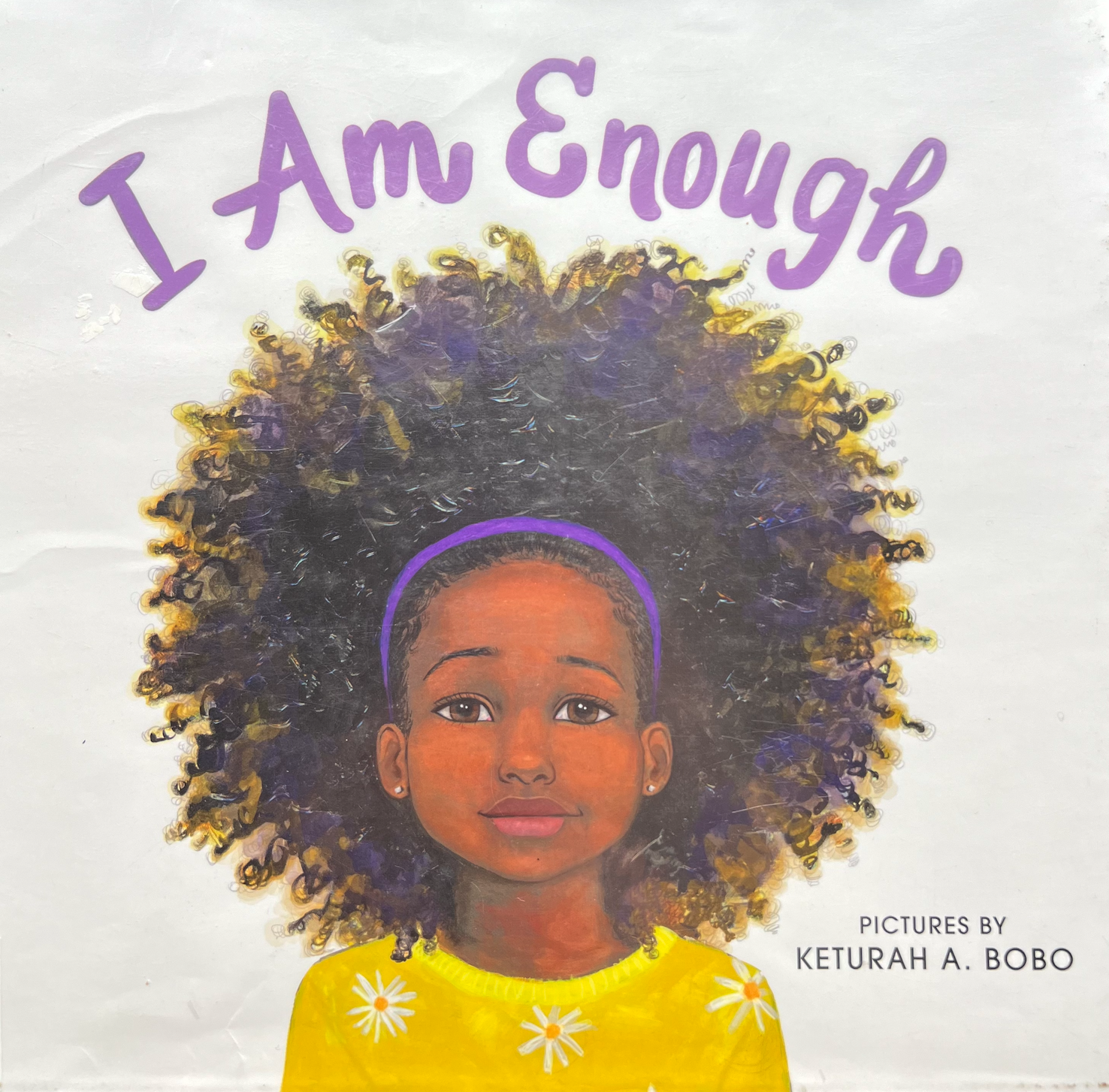A Fundraising Solicitation Guide for Library Directors
Fundraising can often feel like navigating a maze, especially for small library directors juggling multiple roles. But with the right approach, you can make your solicitation meetings more effective and engaging. Here’s a straightforward guide to help you succeed in your fundraising efforts.
Know Your Product Inside and Out
When you’re preparing for a solicitation meeting, understanding your project is crucial. You should be able to discuss its details confidently. However, it's perfectly fine if you don’t have all the answers right away. If a prospective donor asks a question you can’t answer, view it as a positive sign—they’re interested! It also gives you a chance to follow up and keep the conversation going.
Choose Your Prospects Wisely
Start with individuals you already know or those who have shown some interest in your library. If a prospect is new to you, find ways to warm them up before making the ask. This might involve sharing updates about the library, asking for their opinion on a communication or inviting them to an event.
Team Up for Success
It’s best to take a team member along for the solicitation visit, decide in advance who will lead the conversation and who will support. One person can outline the benefits of the project, while the other can share personal insights and make the actual ask.
Make Your Own Commitment
Show your dedication by making a personal investment in the project before seeking donations from others. This applies to volunteers that will be ideally involved in the solicitation. Their commitment sets a powerful example and demonstrates your belief in the cause.
Schedule Your Meetings Personally
Take charge of scheduling appointments yourself. Avoid having someone else set up the meeting. Arrange to meet in a setting where you won’t be interrupted—whether at the library, a quiet café, or the donor’s home. Express why it’s important to discuss the project face-to-face.
Let Your Passion Shine
When meeting with a potential donor, start with some casual conversation to build rapport. Then, transition to discussing the project. Highlight your personal involvement and the reasons why this project matters to you. Invite the prospect to learn more about the project and suggest a meeting time that suits them.
Drop Off Materials Personally
Deliver the solicitation packet in person with a note confirming your meeting. If you’ve prepared a formal cover letter with a specific amount requested, keep it separate and only present it after your initial visit if needed.
Conducting the Meeting
Begin with light conversation about shared interests or topics you know will engage the prospect. Then, discuss the project and ask if they’ve had a chance to review the materials. Listen carefully to their responses and questions. Tailor your discussion to address their interests and concerns.
When it’s time to make the ask, refer to the suggested range on your gift pyramid and ask for a commitment within that range. Be clear about the impact their contribution will have. After making the ask, stop talking and listen to their response. Avoid the temptation to fill silence with excuses or apologies.
Negotiating the Closing
If the prospect hesitates or suggests a lower amount, be prepared to negotiate. Have a fallback range or alternative options in mind, such as a lower annual pledge over several years. If they need time to think, schedule a follow-up meeting to finalize their commitment.
Regardless of the outcome, thank the prospect for their time and consideration. If they decide not to contribute, note any reasons they provide and express your appreciation for their engagement.
Follow Up
After the meeting, promptly follow up with a thank you note or email. If the prospect makes a donation, acknowledge it within a week. Keeping the lines of communication open helps build long-term relationships.
Remember, fundraising is as much about building connections as it is about raising funds. Approach each meeting with enthusiasm and enjoy the process of sharing your library’s mission.
By following these tips, you’ll be better equipped to navigate the world of fundraising and foster meaningful relationships with your community. Good luck!

%20copy.png)


